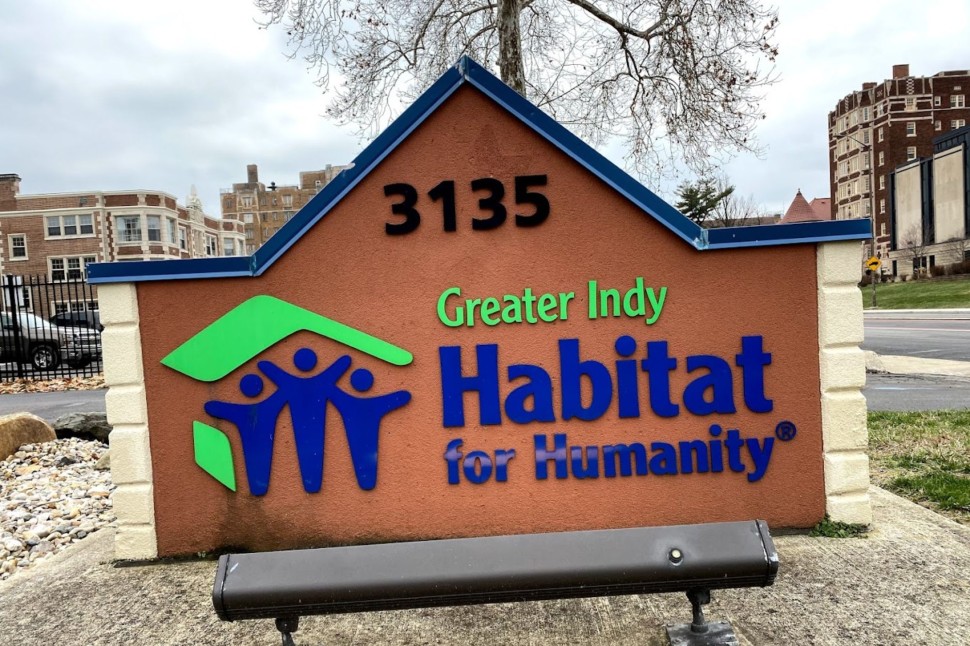
Habitat for Humanity attempted to foreclose on a home resided in by two previously homeless children following the sudden and unexpected death of their mother, to whom the home was initially awarded.
Nicole Webster was initially given the keys to the house, purchased via Habitat for Humanity of Greater Indianapolis, in 2010. Obtaining the house allowed her to provide her two children, Brice Webster-Easter and Brynn Easter, with a safer, more stable upbringing, reported WFYI.
Last year, Webster's health worsened as she suffered multiple strokes and eventually passed away in December of 2023. Her two children, now aged 18 and 20, put their plans to attend college on hold while grappling with the devastating loss of their mother.
"I was going to go to Ivy Tech for a year and then transfer," said 20-year-old Brice.
Following Webster's death, Habitat for Humanity attempted to foreclose on the two-story, three-bedroom home, which legal experts have noted is against federal law.
Webster's two children have had to get jobs to pay bills pertaining to the house, including the monthly mortgage payment. Brice began working as team leader for an event staffing services, while 18-year-old Brynn now works at a day care.
The siblings were told that, to retain the house, they would have to pay off its mortgage balance, $64,277.95, in entirety in a letter they received from Habitat for Humanity in January of 2024. However, the organization refused to transfer the mortgage to them when they applied.
"What I was told was that they didn't feel that the kids were of age to basically have that responsibility," said Shantel Bajdi, the children's aunt.
Despite the fact that the siblings continued to make mortgage payments, Habitat filed for foreclosure in April.
"We were like, 'What are they sending this for?,'" Brice said. "Because we have documentation, proof, that we've been keeping up with it."
A 1982 federal law called the Garn-St Germain Act prohibits lenders from foreclosing, determining that a property should be transferred to a family member after the owner passes away.
"It seems to be extremely settled law that there are all these known exceptions to the due-on-sale clause," Bruce Jones, a lawyer with Indiana Legal Services, told WFYI. "I was surprised to see someone like Habitat for Humanity taking the stance that they are."
"I think the person on the street does not know this, nor should they, right?" added Allison Tait, a professor at Richmond University who specializes in estate law. "People working at mortgage companies should know this, so it should be beholden upon them to inform the person, because they're the ones who should know."
"We will continue to collaborate with the Webster family and are committed to meeting the requirements of the law and supporting the family. We have new legal counsel, and we will continue to reflect our dedication to our core mission of building homes, communities and hope," said Habitat for Humanity of Greater Indianapolis CEO Jim Morris in a Oct. 25 email to WFYI.
Originally published on Latin Times.




